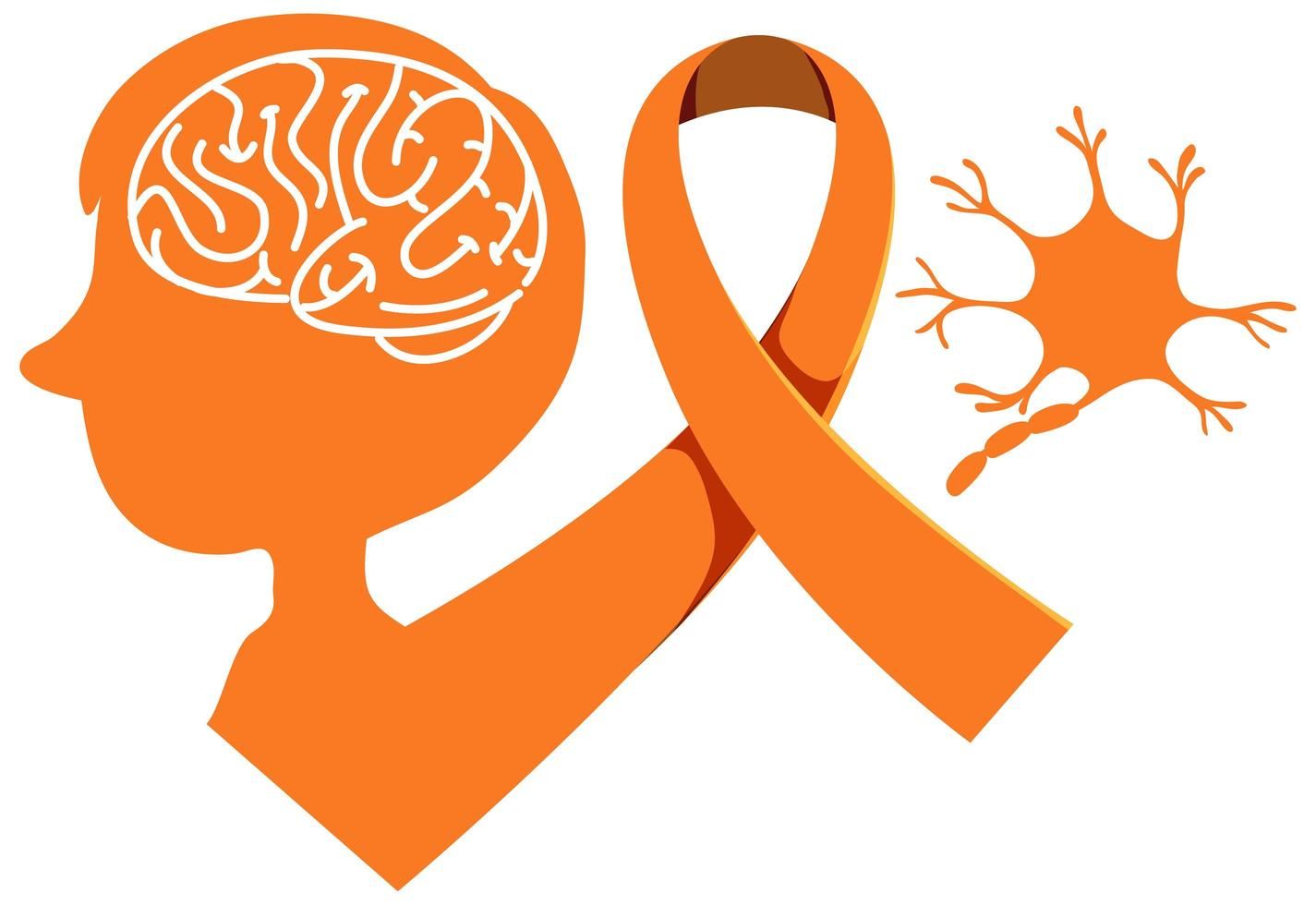What Causes It?
Autoimmune reaction - The body's immune system mistakenly attacks the myelin sheath protecting nerve fibers.
Genetic factors - Having a family history increases risk, though MS is not directly inherited.
Environmental factors - Living farther from the equator is associated with higher risk.
Vitamin D deficiency - Low levels may increase susceptibility.
Viral infections - Certain viruses, particularly Epstein-Barr virus (which causes mononucleosis), may trigger MS in genetically susceptible individuals.
Smoking - Increases both the risk of developing MS and the likelihood of disease progression.
Gender - MS is 2-3 times more common in women than men.
Age - Most commonly diagnosed between ages 20 and 40.
Certain autoimmune diseases - Having other autoimmune conditions may increase risk.
Climate - MS is more common in temperate climates.
Obesity - Especially during adolescence, may increase risk.
Signs & Symptoms
Fatigue - Overwhelming tiredness that interferes with daily activities, often worsening as the day progresses.
Numbness or tingling - Often in the face, body, or extremities.
Weakness - Muscle weakness that can affect mobility.
Balance and coordination problems - Difficulty walking, unsteadiness, or clumsiness.
Visual disturbances - Blurred vision, double vision, or partial or complete loss of vision, typically in one eye at a time.
Dizziness and vertigo - Feeling lightheaded or as if the room is spinning.
Bowel and bladder dysfunction - Including frequent urination, strong urge to urinate, or inability to empty the bladder completely.
Sexual dysfunction - Decreased arousal, altered sensation, or difficulty achieving orgasm.
Cognitive changes - Problems with memory, attention, problem-solving, or processing information.
Emotional changes - Depression, mood swings, irritability, or inappropriate laughing or crying.
Speech problems - Slurring, slowed speech, or changes in rhythm of speech.
Pain and muscle spasms - Including chronic pain or sudden, severe muscle spasms.
Tremor - Shaking that may affect limbs during movement.
Heat sensitivity - Temporary worsening of symptoms when exposed to heat.
Lhermitte's sign - Electric-shock sensation that runs down the spine when bending the neck forward.
